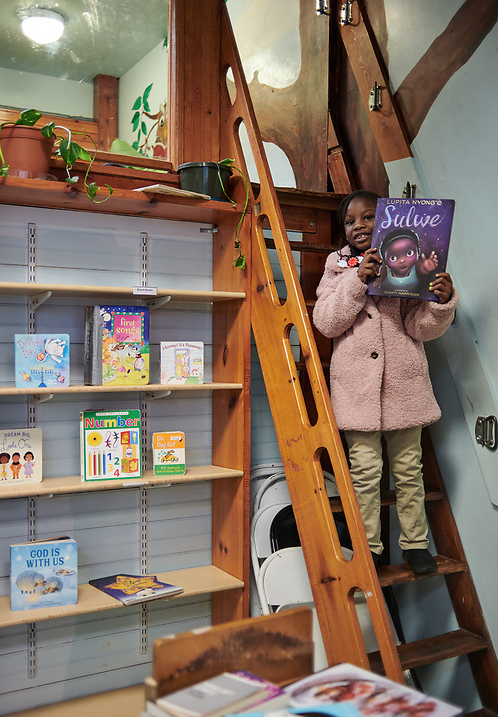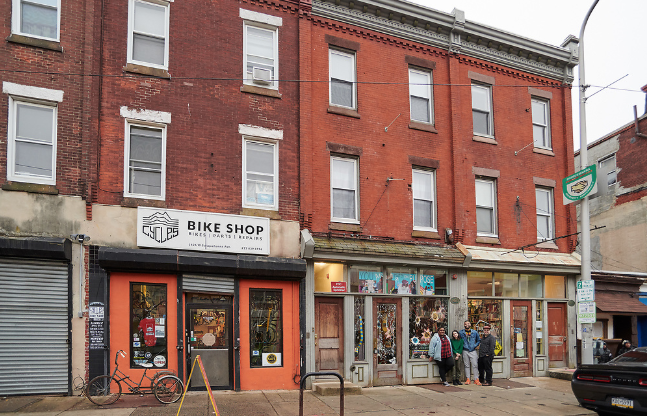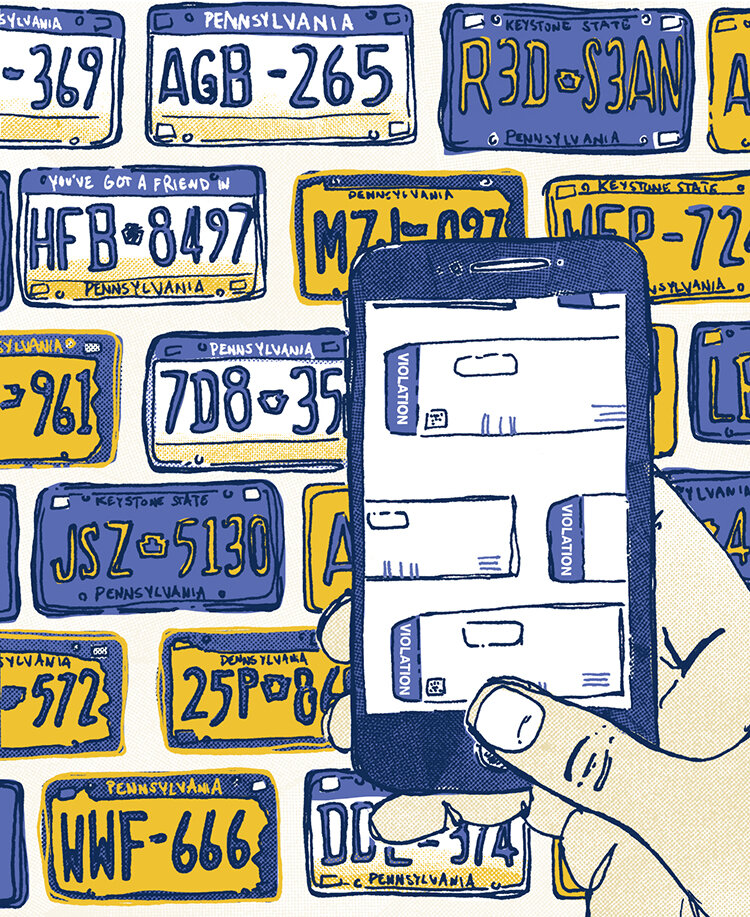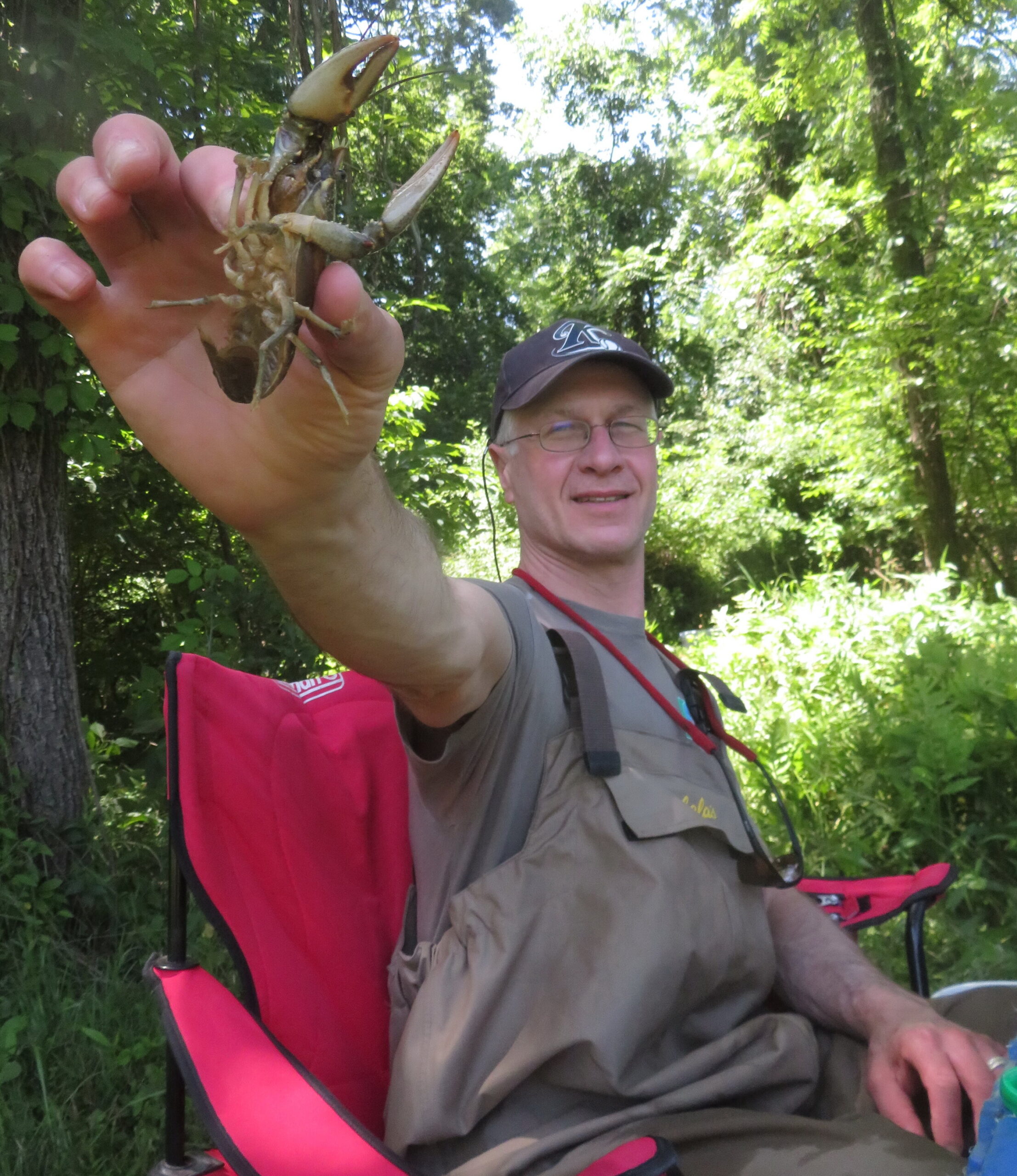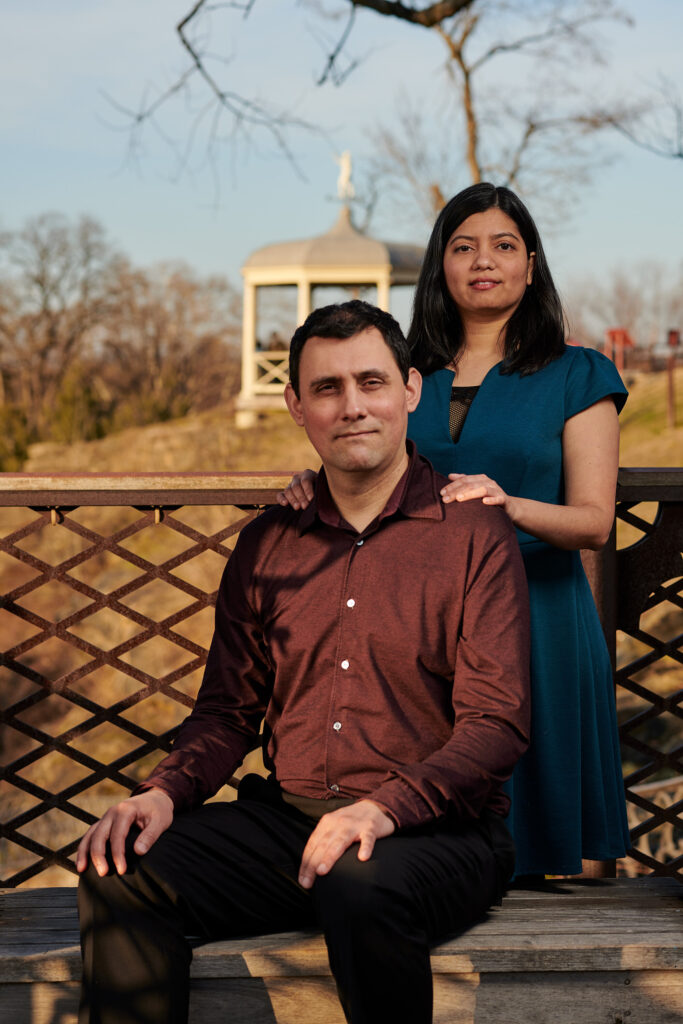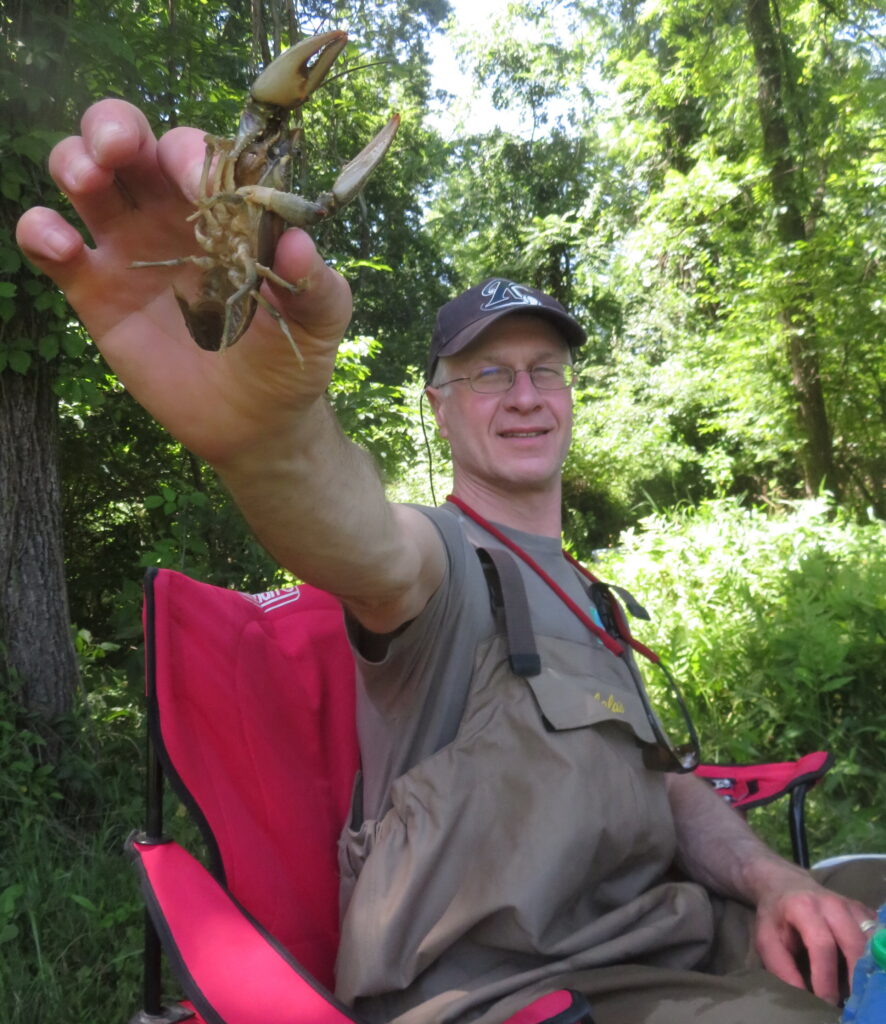Photography by Albert Yee
By Constance Garcia-Barrio
It’s a place that you wouldn’t expect to find on a North Philly street. Tree House Books (THB) boosts literacy, promotes the arts and brings about a quiet healing to the neighborhood.
“We’re a giving library,” says Michael Brix, 43, executive director. “In 2018 we gave away 81,543 books, had 6,367 visits to our location and served over 275 kids in our programming.”
Anyone may walk in, sign up as a patron and take free books. Though you may not even need to do that since THB often puts a card table full of books outside.
Launched in 2005 as a for-profit bookstore to enliven the Susquehanna Avenue corridor, the venture drew few patrons. Then real estate developer John Weiss, Temple University professor of English Eli Goldblatt, former Black Panther Barbara Easley-Cox, and other members of the Church of the Advocate’s Community Development Corporation helped the bookstore morph into a nonprofit that champions literacy.
Named for the trees and leaves painted on the walls and the big, elevated, enclosed platform decorated like a tree house, THB has a two-tier program.
“Kids are more likely to succeed in school if there’s an active library at home,” Brix says, “so we provide books.”
Most of them are for children, but there are some for adults, too. When kids see their parents reading, it encourages them to do likewise, Brix explains.
The bookstore also hosts an afterschool program that works with children to build literacy skills and instill a love of reading.
“We test kids’ reading level when they first arrive so we can guide them to appropriate books, but it’s tough to establish a correlation between the kids being here and their schoolwork because other factors come into play: nutrition, parents, teachers,” Brix says. “We succeed when kids like coming here because they feel safe and comfortable.”
THB is open six days a week, year round.
Brix stays busy, working with THB board members, building community connections, seeking financial giving and corporate sponsorships and writing grant proposals.
“All of those sources sustain us,” he says.
Three paid staff members besides Brix help THB work its wonders. Outreach manager Leonard Chester, 26, represents THB in the community and works on fundraising events. He makes connections with neighborhood groups like community development corporations and Temple University Student Government.
Emma Goldstein, 27, program manager, requests book donations.
“Individuals and organizations like churches give us books,” she says. “A group of lawyers just donated books.” Donations are a two-way street, Goldstein notes. “When the Philadelphia Department of Parks and Recreation or shelters and playgrounds request books from us, we provide them.” Goldstein also oversees Words on Wheels, which distributes books to homes in the community in summer via bicycles.
Sabriaya Shipley, 23, leads the after-school and summer programs.
“We get about 18 kids a day after school,” says Shipley, a poet and Temple University graduate with a degree in theater.
Photography by Albert Yee
“The program is geared for children from kindergarten through the fifth grade,” Shipley says. “We help with homework and tutoring, and include crafts and the visual arts. We just did a watercolor project.” A small area allows the children to perform original plays. “Our activities encourage Black and Brown children’s creativity,” she says. “It’s tremendously empowering for them.”
Shipley works magic with her patience and skill in assisting students. “One boy, about 8 years old—let’s call him Danny—would have tantrums, knocking over chairs and screaming when he first started coming here,” Shipley says. “We would go outside and talk. I encouraged him to discuss his feelings and explain what he wanted. When he calmed down, I would give him choices: Can you sit at the table now? Do you want to work alone? Do you want to rejoin the group?” Shipley says.
“He’s gone from several outbursts a week to one or two a month. Yes, it takes time and patience. The school system may not necessarily give kids like Danny room to grow,” Shipley says.
The staff offers children other gifts. “Emma is a listener,” Shipley says. “When children talk with her, she gives them deep attention. It’s healing to be heard that way.”
The alchemy of homeyness and good books often works with older students, too. Dave Wisniewski, 57, a teacher in the community-based vocational training autistic support classroom at Kensington High School, brings 5 to 10 students, ages 17 to 20, here each week. “They develop work skills and learn to use SEPTA,” Wisniewski says.
Program participant Angel, 20, bears him out. “I like to come here to stamp books [with THB’s logo], sort them and count them,” he says. “I like that we get free books when we finish. I actually love coming here.”
Leila, 19, expresses much the same idea. “I’m with my friends here,” she says. “We’ll use strategies and skills we learn here to help us find work in the future.”
Volunteers also offer needed talents, and sometimes healing. “I log in donated books,” says Lubin Park, 21, a student at Temple University’s Fox School of Business who volunteers on Fridays. Park feels that his presence helps mend the relationship between the Asian and the Black communities.
“My parents were immigrants from South Korea, and they owned a deli nearby,” he says. “There were times of tension. But here, I’m not taking people’s money. I give them suggestions about books, so we see each other in a new light.”
Photography by Albert Yee
Volunteer Ozella Smith, a sixtysomething retired teacher, reads to children one or two days a week. “I’m thrilled that there’s a section devoted to Black authors—that includes West African and Caribbean writers as well as those from the U.S.,” she says.
“Children don’t necessarily see books like these in school.”
Volunteers also co-teach in the after-school program and give children individual attention. “We couldn’t make it without them,” Shipley says.
Brix welcomes volunteers and donors of books and funds, and looks forward to deepening programs. “I would like to start a program for new moms, to give them a break and stress reading to children,” he says. “I want Tree House Books to be a place where the community feels a sense of belonging, a place to get refreshed and renewed in order to go out and strengthen this neighborhood.”


